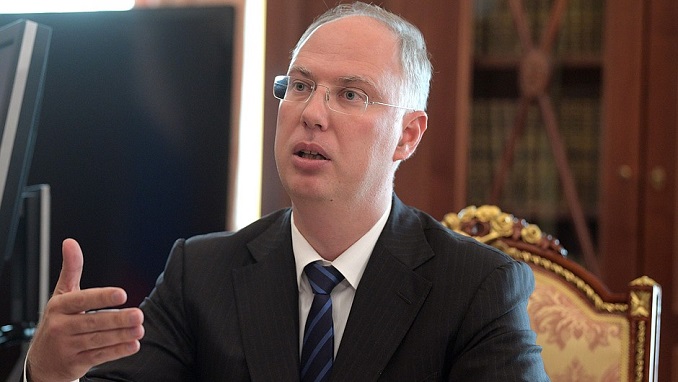The direction that the Russian economy will take will continue to depend on global oil prices, the chief executive of the Russian Direct Investment Fund (RDIF) has said, according to CNBC.
Kirill Dmitriev added however that the country’s alliance with major oil producer group OPEC (known as OPEC+) is “ready to act” if necessary.
“We’re quite optimistic about the Russian market going forward. We believe the oil price will be a significant influence going forward but due to our agreement with Saudi Arabia we believe that oil prices will be stable and the Russian market (is) poised for continuous growth,” Dmitriev told CNBC on the sidelines of the Russia Calling investment forum in Moscow Wednesday.
Earlier on Wednesday, Andrey Kostin, the head of Russia’s second-largest lender, VTB, told CNBC that the biggest risk to the Russian economy in 2020 would be lower oil prices, which, as a major oil producer and exporter, Russia still relies on despite efforts to diversify its economy.
Asked if he agreed with this risk outlook, Dmitriev conceded that he did “agree somewhat that if there are trade wars and other shocks, we could have some issues on the demand side.”
“But on the supply side, we have a great agreement with OPEC+ members that are ready to act whenever there is a demand shock. So I believe oil prices will remain stable and of course trade wars are negative for the economy and can soften demand but OPEC+ will be ready to respond,” he said.
As the world’s second-largest natural gas producer, and third-largest oil producer, Russia has been able to lean on its energy exports as international sanctions have curtailed other parts of its economy. Oil prices have also risen since late 2016 in no small part due to Russia’s pact with OPEC to curb oil output in order to balance supply and demand.












